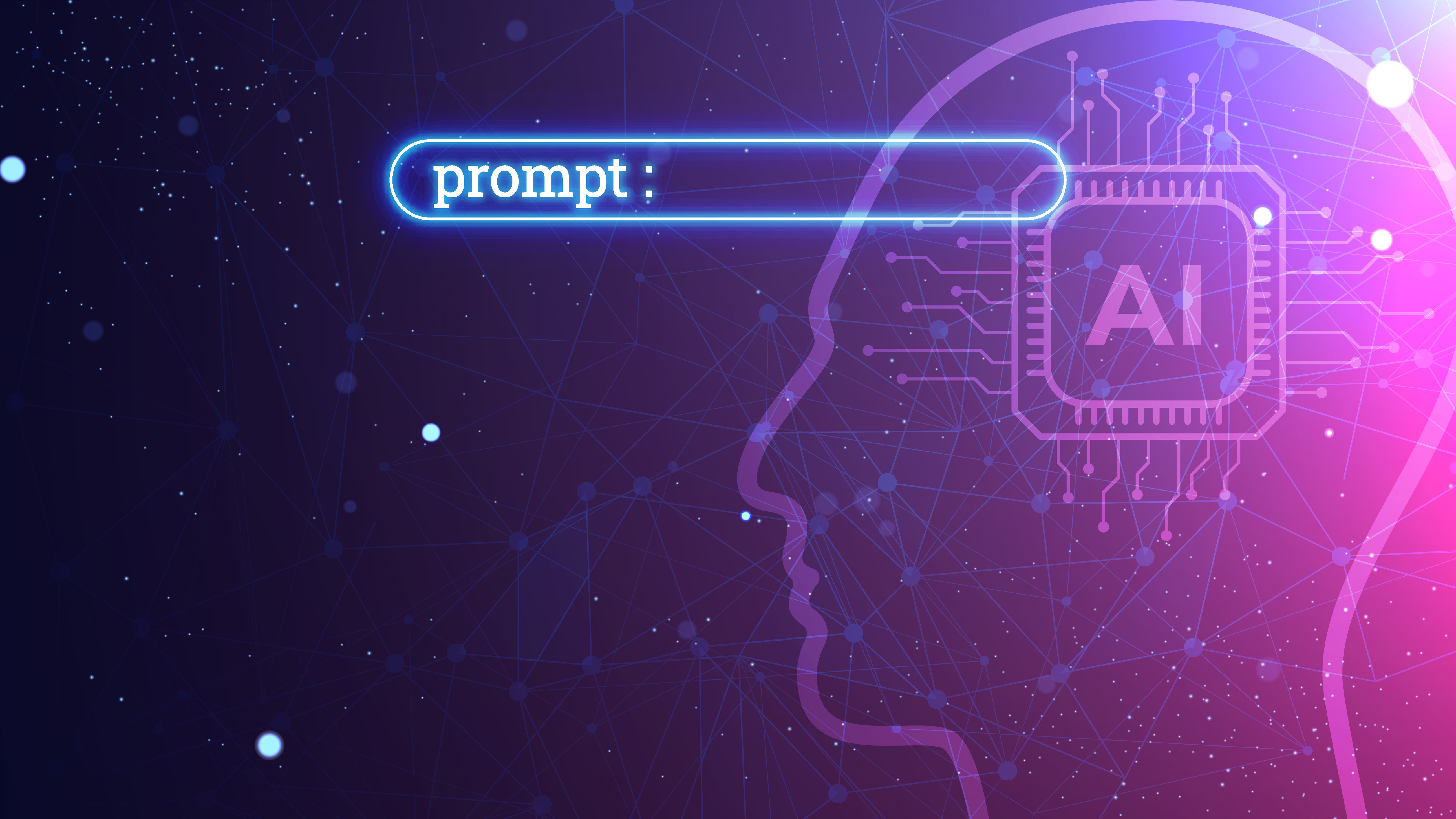By creating high-tech and high-touch opportunities to discover and access artificial intelligence, our student communities will have access to new AI-focused certificates and courses, rooted in technological literacy, preparing them for an increasingly digital and interconnected 21st century workplace.
AI doesn’t change the fundamentals of our degree programs, but by implementing these courses and programs, ODU fosters a continuous learning environment to shape and upskill both students and professionals.
ODU is developing new continuing education certificates for working professionals and creating new hands-on opportunities for students (like workshops and hackathons) that help round out existing educational pathways that focus on AI literacy and practical business applications.


Best Practices for Avoiding Plagiarism with AI
- Understand AI Content Boundaries: Recognize that AI-generated content can closely resemble human-created work. Use it as a foundation rather than as a final product, and always attribute AI contributions.
- Attribute AI Contributions: Clearly acknowledge the role of AI in generating content. Transparency helps uphold academic honesty.
- Review and Revise AI Outputs: Ensure that AI-generated content aligns with your academic standards and revise it to reflect your original ideas.
- Use AI for Inspiration: Leverage AI for idea generation and inspiration but avoid copying content verbatim. Reframe concepts in your own words, in order to maintain originality.


